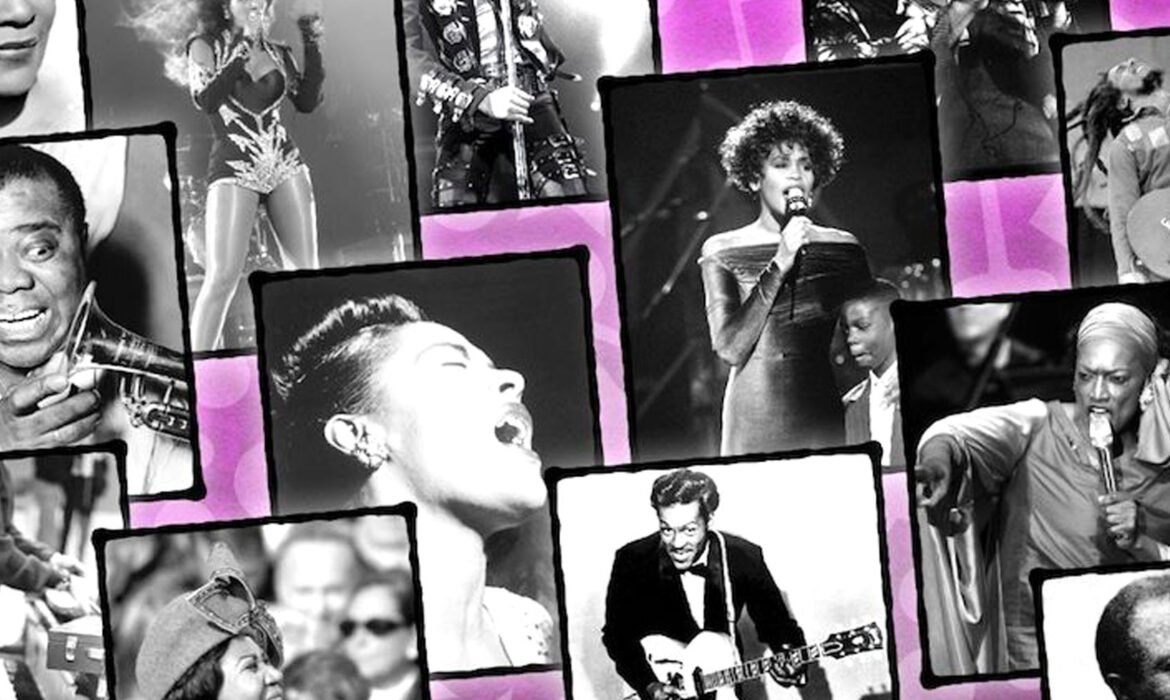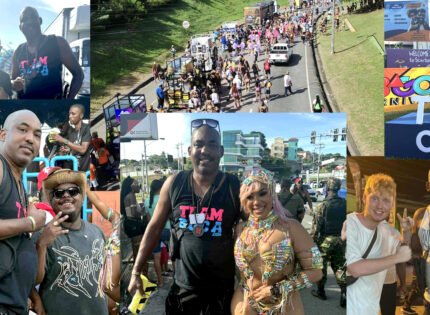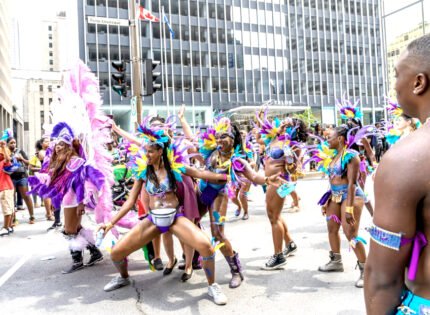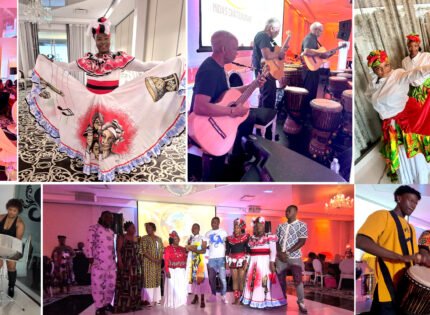 As we now usher in the 2022 edition of Black History Month, I want to help you put together a soundtrack ( or uh, excuse me a “playlist” for millennials) for this special time of the year.
As we now usher in the 2022 edition of Black History Month, I want to help you put together a soundtrack ( or uh, excuse me a “playlist” for millennials) for this special time of the year.
In ancient African civilizations, was before a music business or industry existed, music was used to praise Gods, send messages to nearby villages (something also used on western plantations during slavery) or to pass on history as in the griots or storytellers.
But in order for you put together a playlist to commemorate the legacies, history and stories of our glorious past, you’ll have to go to the 20th century when music was able to be recorded and purchased by the public.
Prior to the turning point in the 1960’s, when Bob Dylan began making only music with political statements, politics and music was a no-no.
Prior to that, you had the rare folk musicians and blues artists who masked their songs of discontent and struggle in the Black vernacular. Jimmy Reed’s 1961 classic “Big Boss Man” with its legendary lyrics: “Big boss man, you don’t hear my when I talk, well you ain’t so big, you just tall that’s all.
Historically “the man” for Black people has always been the white man as in the slave owner or plantation boss.
Leadbelly, the legendary Black folk singer who literally sang his way out of prison when a warden who was so in love with his voice sent him free, also had plenty of political songs like; “Jim Crow Blues” and “The Bourgeois Blues”.
After the rise of Dylan as the modern day protest singer, you had Sam Cooke who had been active socially through his association with Malcolm X. and Muhammad Ali and wrote the classic “A Change Is Gonna Come” in 1964.
The song was in response to Dylan’s 1963 civil rights anthem “Blowin’ In The Wind” of which he borrowed from the negro spiritual “No More Auction Block”.
James Brown, who at times been accused by Black militants of being a sell-out for his support of right wing politicians like President Nixon, had Black Power Anthems like “I Don’t Want Nobody To Give Me Nothing”(Open Up The Door, I’ll Get It Myself), “Get Up, Get Into It And Get Involved” and of course the Black Power anthems of all Black Power anthems “Say It Loud – I’m Black And Proud” in 1968.
Funny thing about the classic’s children chorus, who answer James’ call and response chorus “Say It Loud”, I’m Black and I’m proud”, weren’t actually Black children.
James got the inspiration while touring in the U.S., he pulled into the closest recording studio that they could find and he began laying down the track with his band.
Now he needed to find kids to help him sing the chorus. He sent one of his roadies across the street to a Denny’s restaurant and had him offer families free records as gifts in exchange for their kids’ studio time.
Not a single Black kid sings “I’m Black and I’m proud,” all white kids with the exception of some Asian siblings.
The Impressions led by Curtis Mayfield had Black anthem classics like, ”We’re A Winner”, “People Get Ready” and a slew of others. Sly And The Family Stone had classics like;”Everyday People”, “Stand” and “Don’t Call Me Nigger, Whitey”.
The Last Poets, who formed on Malcolm X’s birthday in 1968 at what is now known as Marcus Garvey Park in East Harlem and brought spoken word backed by Africa drumming to a whole other level.
Their 1970 self-fitled debut album is an underground classic which also includes the anthem “Niggers Are Scared Of Revolution”.
Gil Scott-Heron in the 70’s would move in a similar vein albeit backed by an incredible band, hypnotic flutes and his keyboard playing, fueled by anthems like “Johannesburg” and “The Revolution Will Not Be Televised”.
Music of the West Indies at its inception was always political with the earliest calypsos out of Trinidad and Tobago melding satire and social commentary of those in power going back to slavery.
A classic of course is Lord Kitchener’s “If You’re Not White, You’re Black” from 1953.
The Rastafarian movement of the 60’s was always political, whether it be the revolutionary sounds of Burning Spear, Black Uhuru or Bob Marley And The Wailers.
Marley would sing some of the most political songs of the 70’s like “Get Up Stand Up”, “Slave Driver” and “Crazy Baldheads” and countless others.
Fellow Wailer Peter Tosh would go solo in the mid 70’d and go even more radical with his music with anthems like: “Fight Apartheid” and “Mama Africa”.
Hip-Hop in the 80’s and early 90’s was a return to Black power in music. Public Enemy, Boogie Down Productions, X-Clan, Grandmaster Flash And The Furious Five, King Sun and Poor Righteous Teachers all dropped Black nationalist lyrics and fused the teachings of The Nation Of Islam, the 5% teachings, Garveyism, Moorish Science Temple and Black Panther ideology.
Best album to check out for socially conscious hip-hop, Public Enemy’s 1990 opus “Fear Of A Black Planet”.
Have a glorious and enlightening Black
History Month!
















